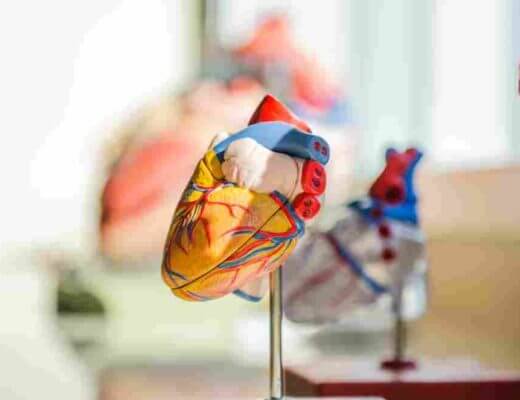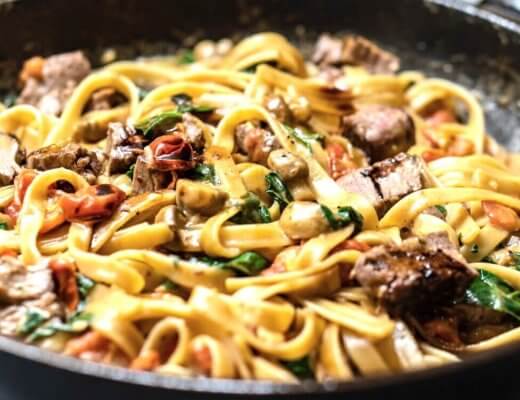Daily food consumption is spread over the 3 main meals, including a “solid” breakfast, and max. 2 healthy snacks (fruit, yogurt, rice cake, milk, etc.). The daily energy requirements of a man are about 2,500 kcal, those of a woman about 2,000 kcal.
People who have a healthy and balanced diet usually have enough vitamins, minerals, nutrients, trace elements, and so on. However, in certain circumstances and in depending on weight, sex, lifestyle (sedentary or not), this contribution is sometimes insufficient or the needs of the person may be higher. Also, children, seniors, pregnant women, athletes, sick people will pay particular attention to their diet.
For example :
• Babies have a higher need for fat than adults
• children need one serving of dairy product at each meal (calcium for growth and bones)
• People with intestinal transit problems should take more foods high in dietary fiber
• pregnancy requires additional folic acid (for proper development of the fetus)
• a person with flu is more in need of vitamin C.
Do you feel helpless in the face of the food offer? Are you or your child overweight? Always seek advice from a health professional (doctor, pediatrician, dietitian, nutritionist). Use common sense!
Breakfast
It consists mainly of cereal products (2 to 3 slices of gray bread, cereals), dairy products (milk, hard cheese, cottage cheese, yogurt) and fruits (orange juice, grapefruit, kiwi,
applesauce or crushed strawberries on a slice of bread).
Breakfast “like a king” is essential:
it is about 1/4 of the daily energy requirements. If it is insufficient or if you skip this meal, you will be inclined to nibble more during the day. If you do not take (time)
breakfast, your child will be tempted to do the same, think about it.
Lunch
Lunch can be either a hot meal or a cold meal. Does your child have the opportunity to take soup at school?
Encourage him. You prepare him a homemade lunch? It consists mainly of cereal products (bread, pasta or rice), dairy products, meat (preferably light sausages
such as chicken fillet, turkey, cooked ham), fruits and vegetables (raw vegetables), fat (a little butter on toast, light dressing).
As for the adult lunch, be it hot or cold, try to enrich it with vegetables and lighten it with fats (not too much mayonnaise in sandwich fillings).
Dinner
It consists ideally of meat/fish/ eggs – alternate daily red meat, white meat, poultry, fish, minced meat, eggs – of cereal products and vegetables (hot, raw and/or in the form of soup). Yogurt or a fruit is an excellent dessert.
Dinner should not be too heavy or too rich. Ideally, it is min. 2 hours before going to sleep to allow time for digestion.
Snacks
Snacks should not be confused with untimely snacking.
The “10 o’clock” can sometimes complete breakfast but it must not be too fat: a fruit, a dairy, a sandwich, from time to time a biscuit dry. It is not essential to the adult but is justified for the child.
The “4 hours” may be the same as breakfast, but in smaller quantities; it also reduces the quantities of the evening meal.
Children’s snack – often appetizing, is also a moment of relaxation at the end of the day before starting other activities (homework, activities
sports …).
Of course, you can drink water at will during the day.






